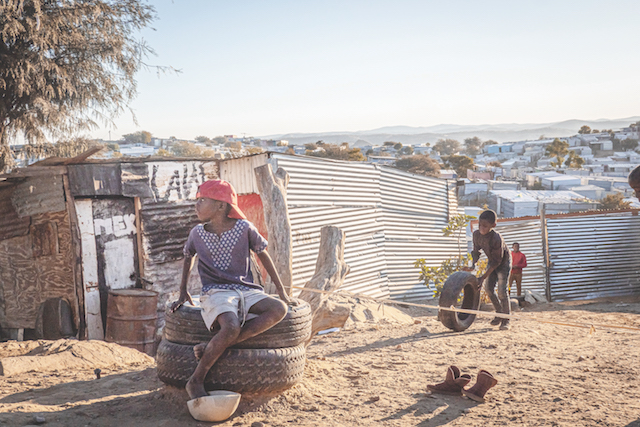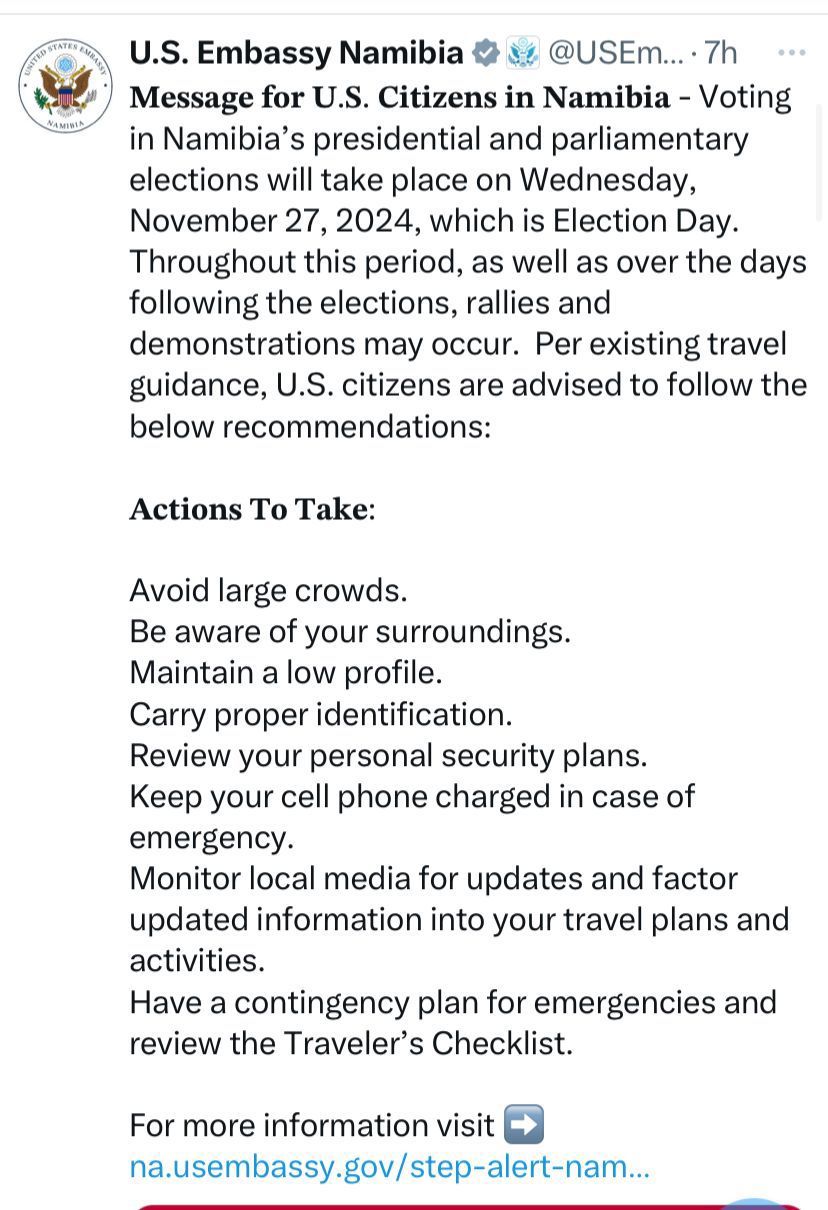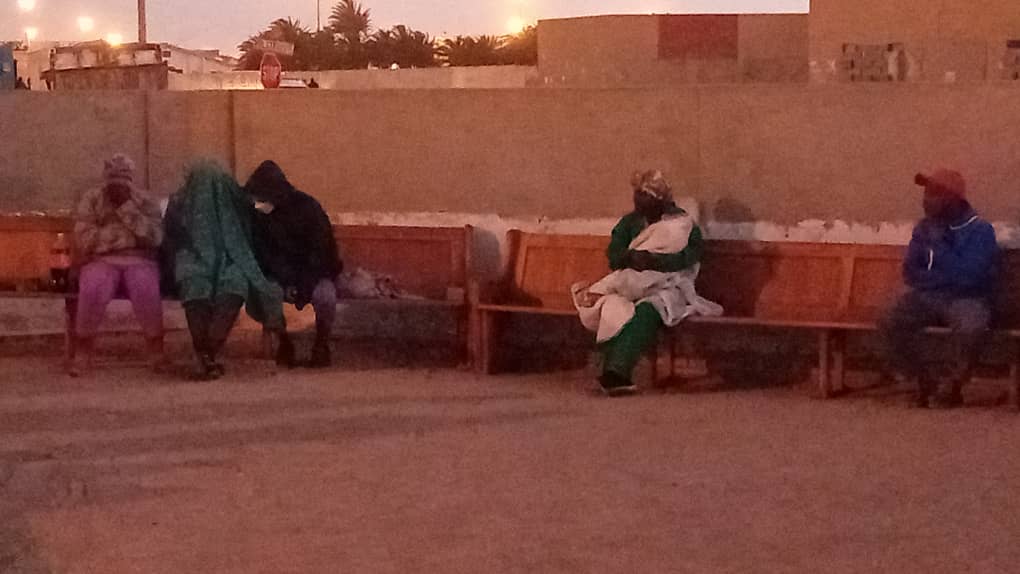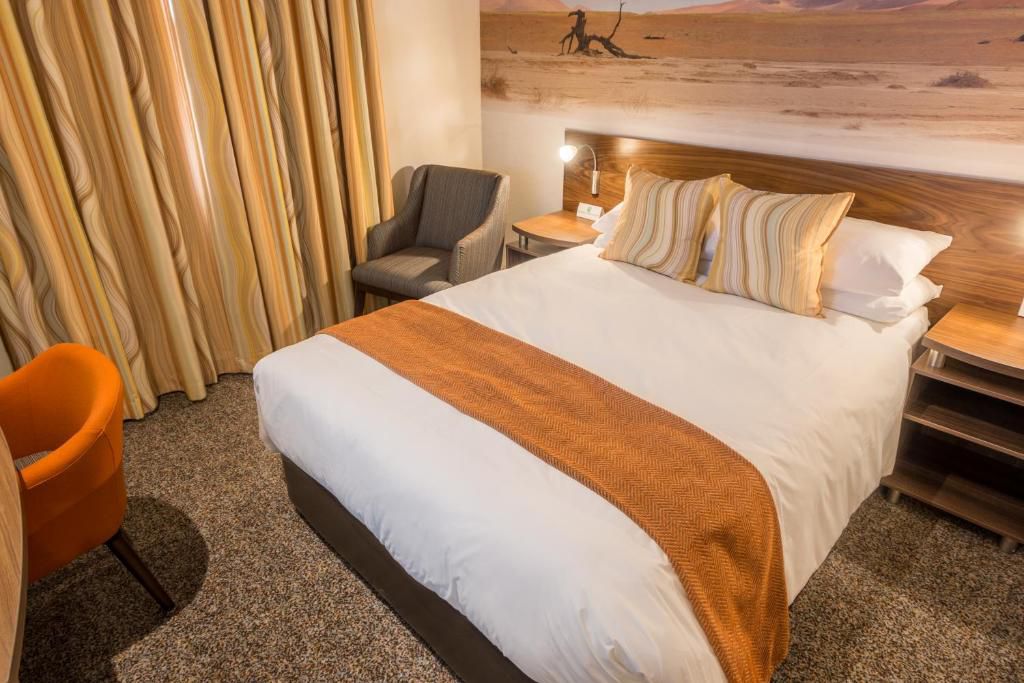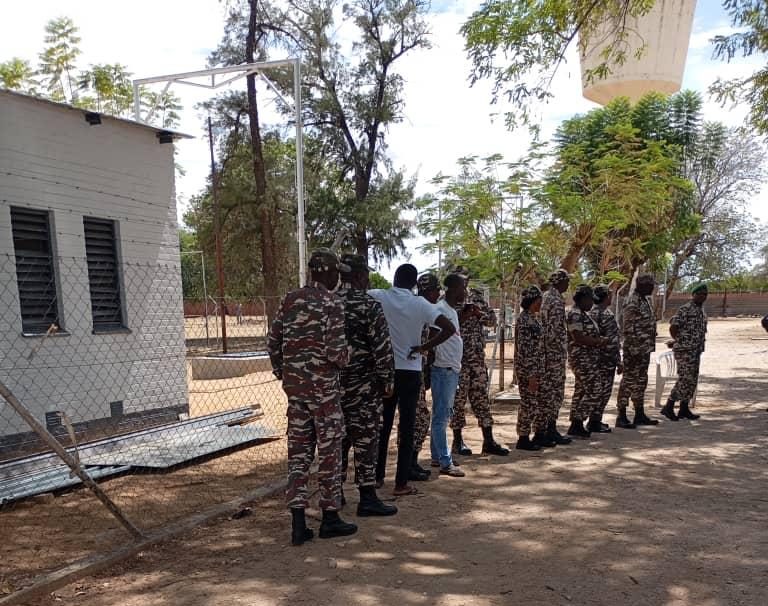NEW ombudsman Basilius Dyakugha says Namibia is becoming a country of shacks, while the apartheid regime built houses when it was in power.
“The executive is trying, but not to my liking by building shacks for the people,” Dyakugha yesterday said during a courtesy visit to the Office of the Ombudsman by Popular Democratic Movement (PDM) leader McHenry Venaani.
Last year, the Ministry of Gender Equality, Poverty Eradication and Social Welfare constructed shacks for vulnerable residents of
Nkurenkuru in the Kavango West region as an emergency measure to curb the spread of Covid-19.
Gender minister Doreen Sioka at the time denied claims that the government paid over N$1,4 million to build the 33 corrugated zinc shacks for members of the San community.
“So, if you compare the houses that were built in 1980 with what they are building in 2020, you won’t believe it.
“Are we taking these lives seriously?” Dyakugha asked.
While making reference to the shacks built for the San, Dyakugha said Venaani should take up the land and housing battle in parliament.
“Because this country will be a country of shacks all over,” he said.
He said the housing situation in Namibia is a human rights matter.
“Article 16 of the Namibian Constitution and article 17 of the Universal Declaration on Human Rights clearly say everyone has the right to possess property. And parliament is the only institution which is silent on this issue,” Dyakugha said.
In 2019, the Shack Dwellers Federation of Namibia (SDFN) revealed that close to 40% of Namibians live in shacks – amounting to close to one million individuals and 228 000 shacks countrywide.
The SDFN said over the past 11 years, shacks have increased by more than 60% from 135 000 in 2008 to over 218 000, excluding the 10 000 backyard shacks at Walvis Bay.
Dyakugha said the judiciary is at the forefront of protecting people’s right to land.
“There are case logs where they have ruled in favour of people who can lose their homes through dubious debts” he said.
Over the years Namibians have been complaining about both national and local authorities’ lack of housing and sanitation delivery.
In 2019, residents of 8ste Laan at Otjomuise claimed they were better off in the apartheid era, since currently over 50 households are expected to use one toilet.
The ombudsman further said he wants to hire a representative for marginalised communities, adding they have been neglected.
Recently, members of the San community told Amnesty International they have been subjected to verbal and physical abuse, as well as the denial of treatment at healthcare facilities.
In a recently released report, Amnesty International’s director for eastern and southern Africa, Deprose Muchena, said it’s time the authorities stopped neglecting the San, recognised their right to healthcare, and ensured they get access to such services.
“San people told Amnesty International that healthcare workers regularly showed preferential treatment to patients from other ethnic groups,” the report said.
Particularly pressing was the San’s vulnerability to tuberculosis and its multidrug-resistant strain.
That is another of his priorities during his tenure, Dyakugha said.
The new ombudsman also told Venaani he wants to appoint an international expert to investigate ReconAfrica’s environmental impact.
“This industry is very technical … We in the office don’t have the capacity to understand the system,” Dyakugha said.
After the ombudsman visited ReconAfrica’s sites, it wrote a report containing multiple concerns to which the Canadian company responded.
“This office visited the site in Kavango and have identified some of things that the team in the office did not understand, but could see that this is potentially going to pollute the environment. We wrote to their office and they responded, and that is what we are busy studying,” he said.
“We will welcome individuals who put money forward so that we can appoint an international expert who can independently, and accepted by both parties, do that investigation and bring us the report,” he said.
Stay informed with The Namibian – your source for credible journalism. Get in-depth reporting and opinions for
only N$85 a month. Invest in journalism, invest in democracy –
Subscribe Now!


